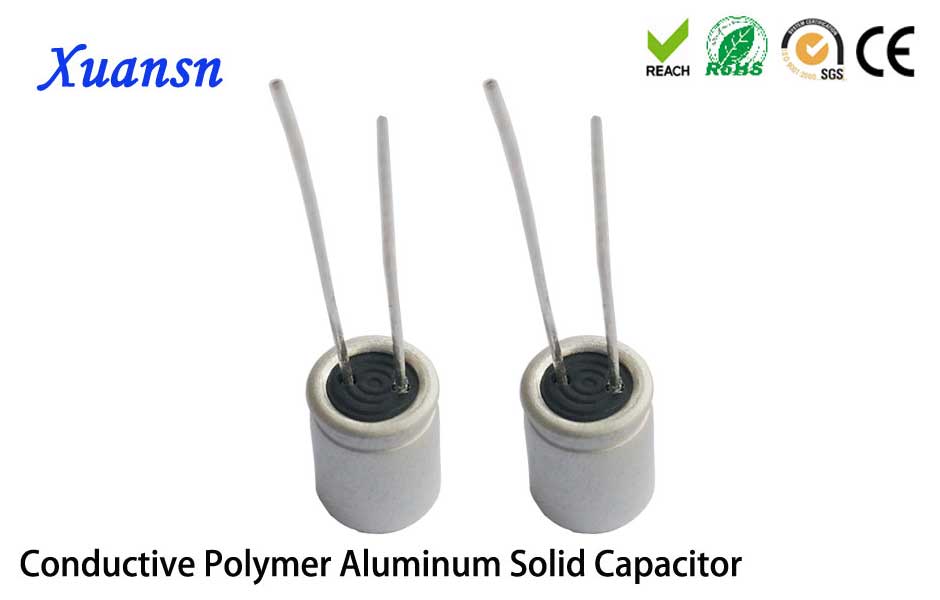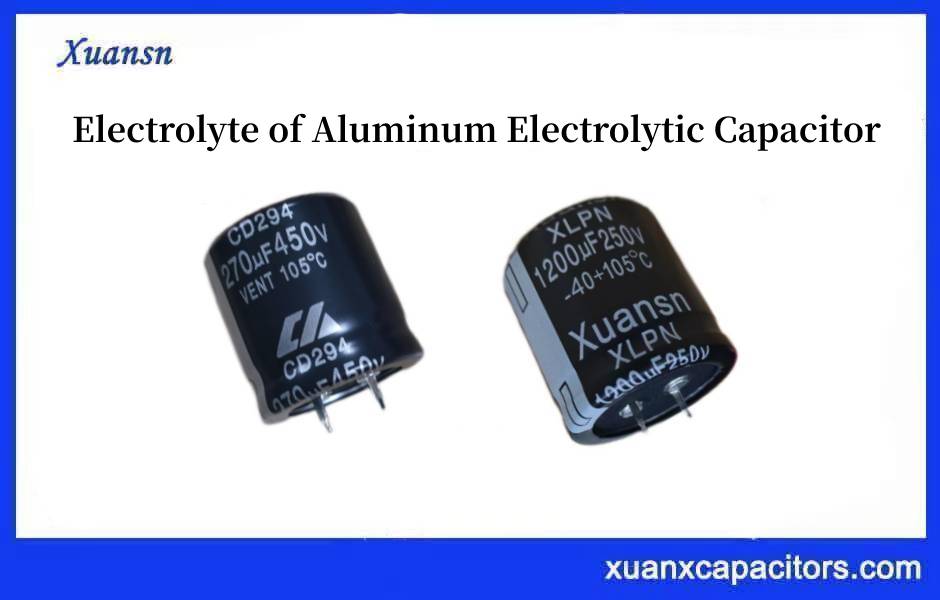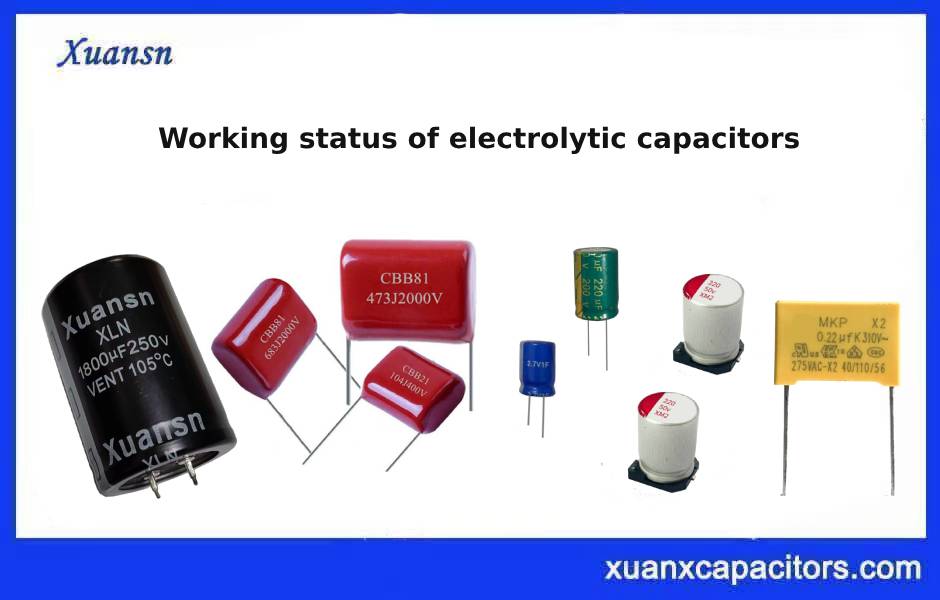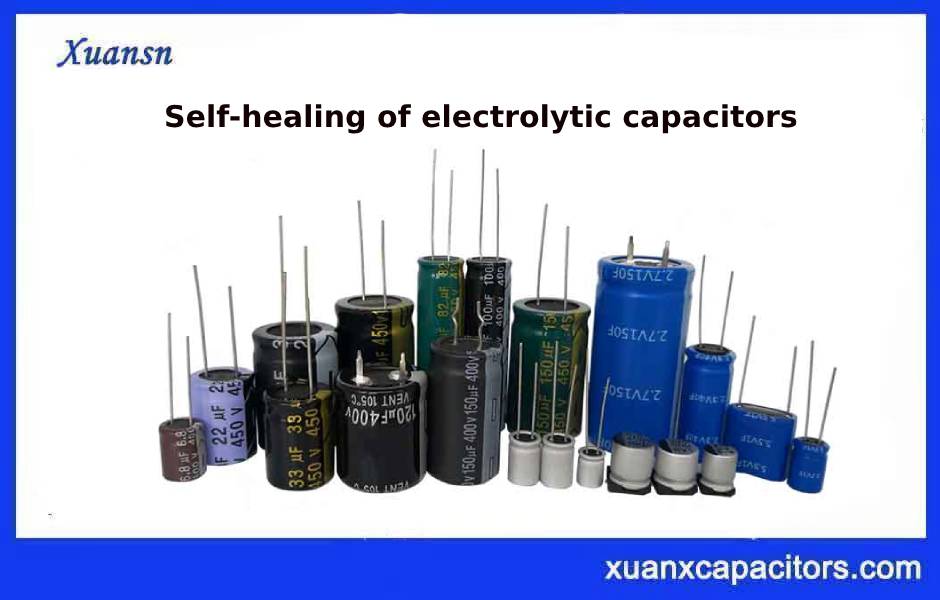一 Solid aluminum electrolytic capacitor
Solid aluminum electrolytic capacitor, which differ from ordinary capacitors (ie liquid aluminum electrolytic capacitors) in that they use different dielectric materials, liquid aluminum capacitor dielectric materials are electrolytes, and solid capacitor dielectric materials are conductive. Polymer Materials.
In view of the problems of liquid electrolytic capacitors, solid aluminum electrolytic capacitors came into being. Since the 1990s, aluminum electrolytic capacitors have adopted a solid conductive polymer material instead of an electrolyte as a cathode, and have achieved innovative development. The conductivity of conductive polymer materials is usually 2 to 3 orders of magnitude higher than that of electrolytes. Aluminum electrolytic capacitors can greatly reduce ESR and improve temperature and frequency characteristics. And because of the good processability of polymer materials, it is easy to encapsulate. The earth has promoted the development of the chipping of aluminum electrolytic capacitors. There are two main types of commercially available solid aluminum electrolytic capacitors: organic semiconductor aluminum electrolytic capacitors (OS-CON) and polymer conductor aluminum electrolytic capacitors (PC-CON).

二 The role of Solid aluminum electrolytic capacitor
The biggest effect of a solid capacitor is its stability and explosion resistance.
Since the solid capacitor uses a conductive polymer product as the dielectric material, the material does not interact with the aluminum oxide, and does not explode after being energized; at the same time, it is solid, and naturally there is no explosion due to thermal expansion. It is. Solid capacitors are environmentally friendly, low impedance, high and low temperature stability, high ripple resistance and high reliability. They are the highest-end products in electrolytic capacitors. Since the solid-state capacitance is much better than the liquid aluminum capacitor, the solid-state capacitor has a temperature resistance of 260 degrees and good conductivity, frequency characteristics and longevity. It is suitable for low voltage and high current applications, mainly used in digital products such as thin DVD and projection. Machines and industrial computers have also been widely used in computer card products in recent years.




